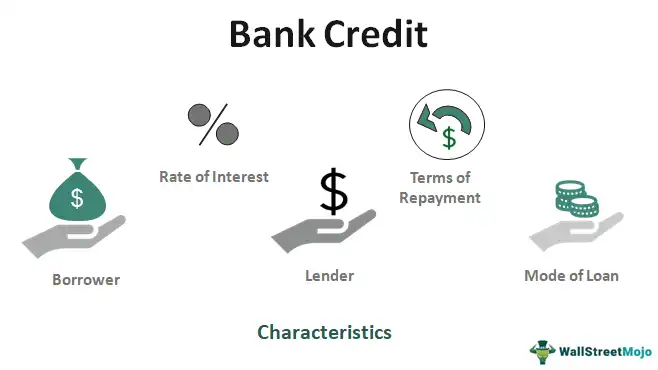
Credit
Credit refers to the ability of an individual or entity to borrow money or obtain Goods, Services or Resources with the promise of paying for them in the future… It is a financial arrangement where a lender extends funds or assets to a borrower, who agrees to repay the borrowed amount along with any applicable interest or fees within a specified timeframe.
Credit plays a crucial role in modern economies, enabling individuals, businesses & governments to make purchases, investments & other financial transactions. Here are some key points related to credit:–
Types of Credit:-- There are various types of credit available to borrowers. Some common forms include:
Consumer Credit:-- This includes credit cards, personal loans, auto loans, and mortgages, which individuals use to finance personal expenses.
Commercial Credit:-- This involves credit lines, loans, or trade credit provided to businesses for their operational needs, inventory purchases, or capital investments.
Government Credit:-- Governments can borrow funds through the issuance of bonds, treasury bills, or other financial instruments to finance public projects or manage budgetary requirements.
Creditworthiness:-- Creditworthiness refers to an individual or entity's ability to repay borrowed funds. Lenders assess creditworthiness based on factors such as credit history, income, employment stability, assets, and debt-to-income ratio. A higher creditworthiness often leads to more favorable borrowing terms, such as lower interest rates and higher credit limits.
Credit Scores:-- Credit scores are numerical representations of an individual's creditworthiness. They are generated by credit reporting agencies based on credit history, payment behavior, outstanding debts, and other factors. Higher credit scores indicate lower credit risk, making it easier to obtain credit and secure better borrowing terms.
Interest and Fees:-- Lenders typically charge interest on borrowed funds as a cost of lending and as a way to earn a return on their investment. The interest rate is the percentage of the loan amount that borrowers must pay in addition to the principal amount. Additionally, some credit arrangements may involve fees, such as application fees, annual fees, or late payment fees.
Credit Limits:-- Credit limits represent the maximum amount of credit a lender extends to a borrower. For credit cards, it is the maximum amount that can be charged on the card. Credit limits are determined based on various factors, including creditworthiness, income & repayment history.
Credit Reports:-- Credit reports provide a detailed record of an individual's credit history, including their borrowing and repayment behavior. These reports are maintained by credit reporting agencies and are used by lenders to assess creditworthiness. Individuals can request free copies of their credit reports annually from these agencies to review their credit information and identify any potential errors.
Responsible Credit Management:-- Using credit responsibly is crucial to maintaining a healthy financial situation. It involves making timely payments, keeping credit utilization within reasonable limits, avoiding excessive debt, and managing credit obligations effectively.It’s important to note that while credit can be beneficial in enabling purchases and investments, it should be used wisely & in a manner that aligns with one’s financial capabilities. Responsible credit management is key to avoiding excessive debt & maintaining a positive credit profile.







